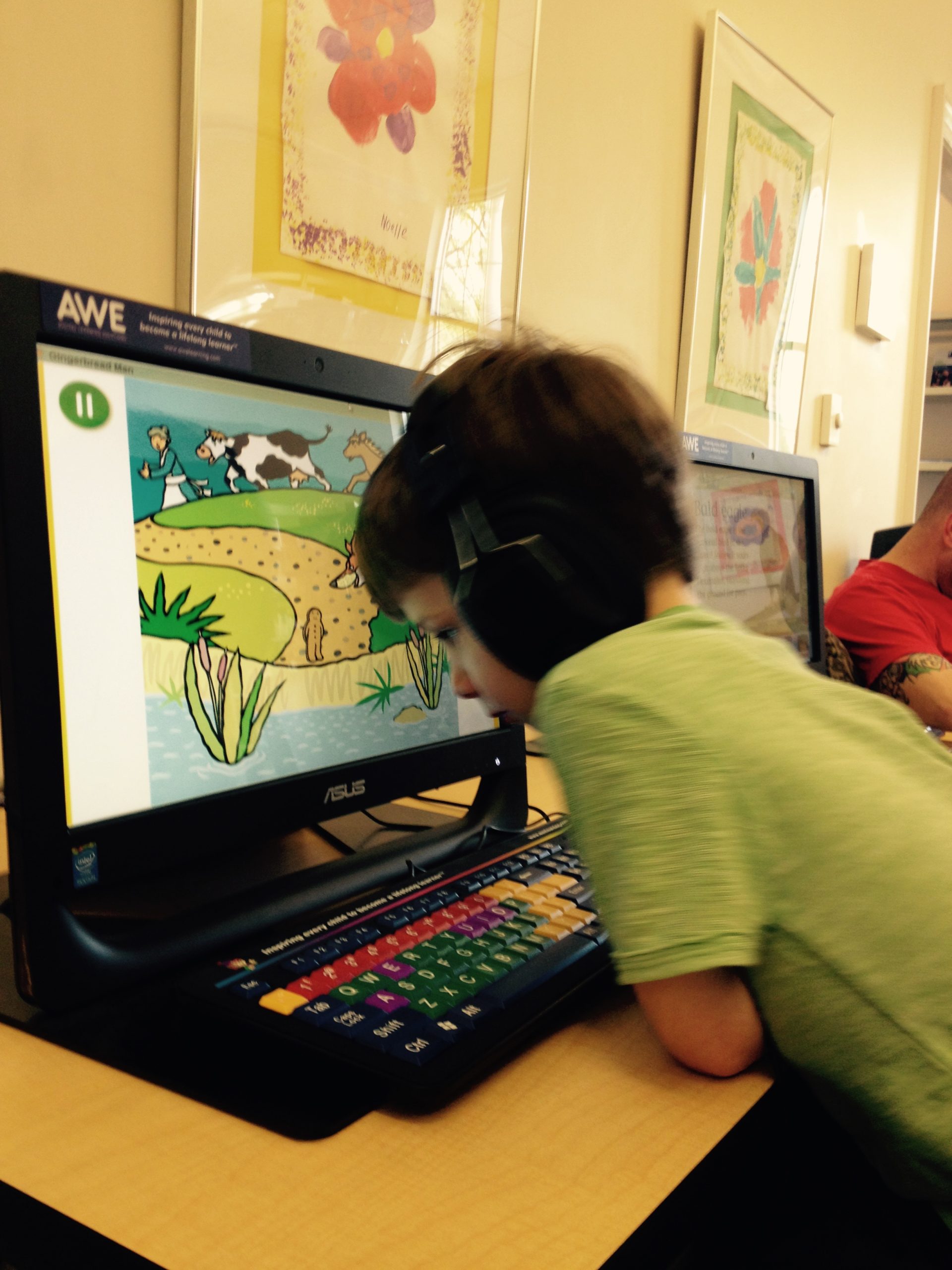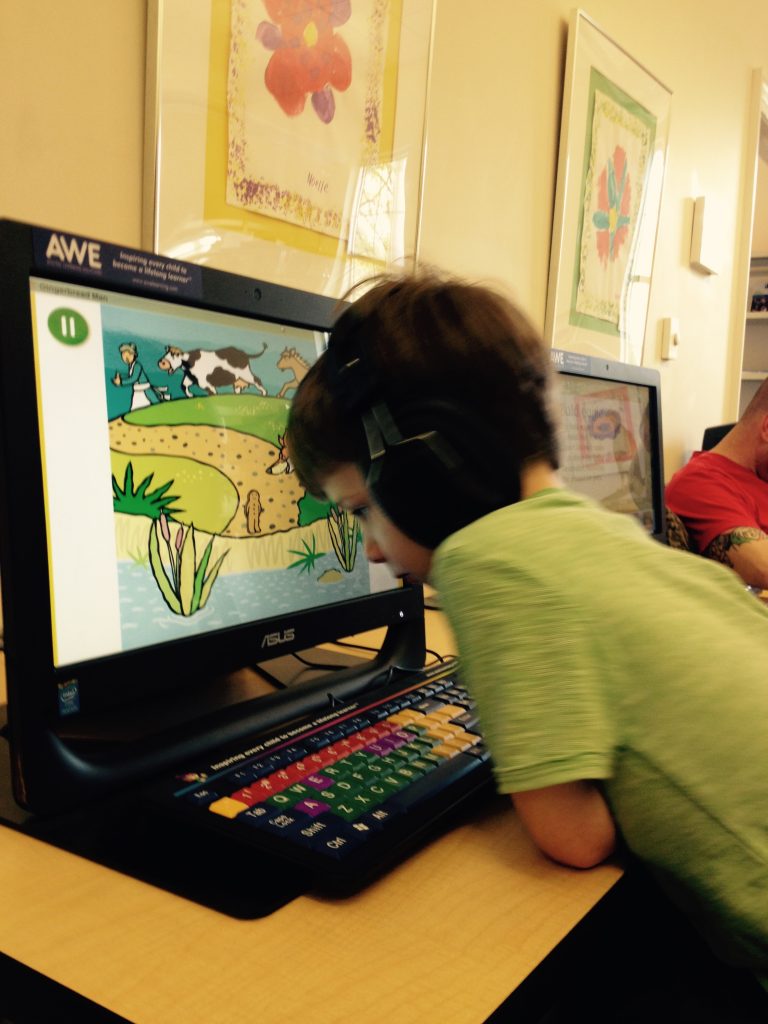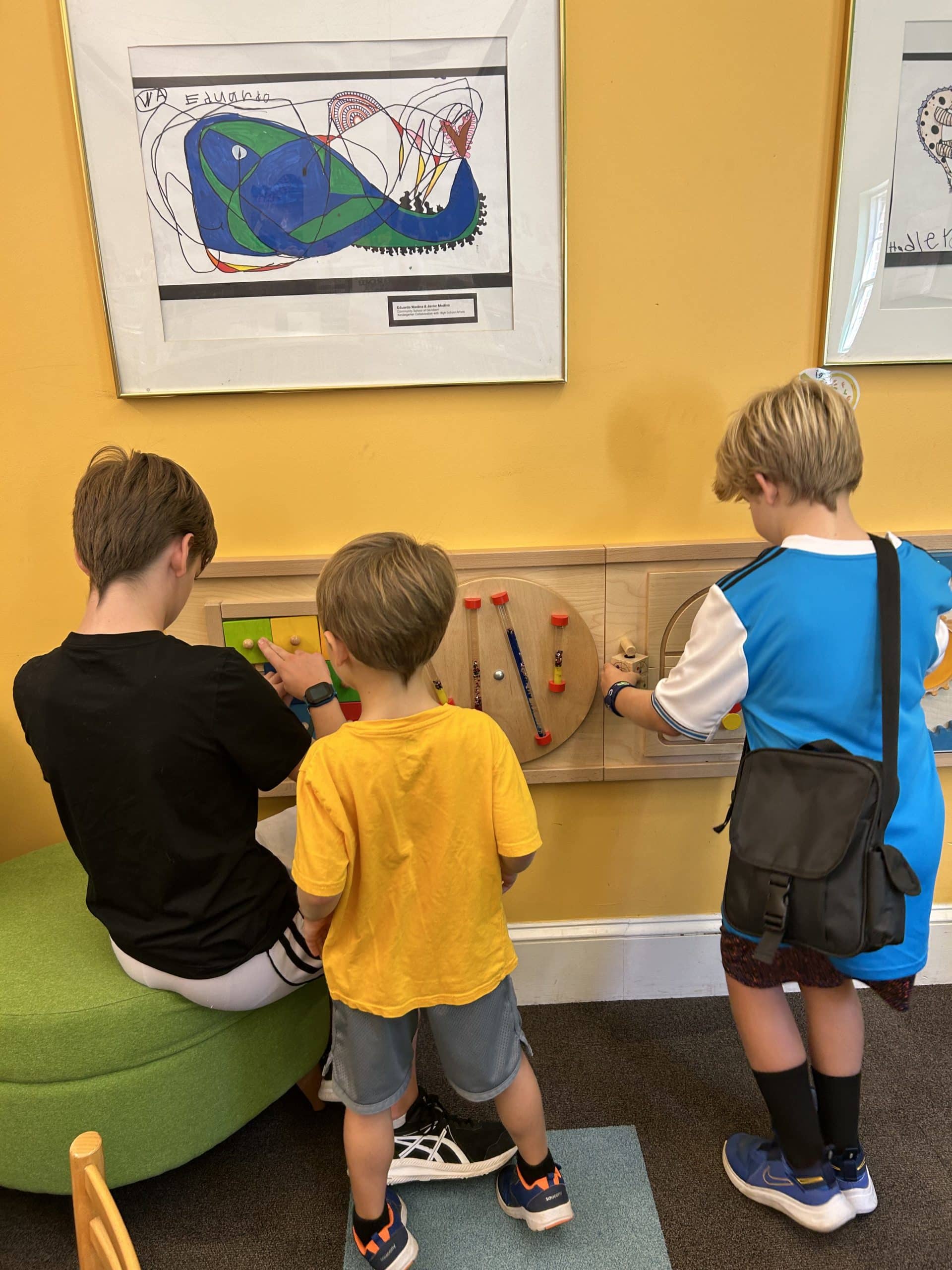Comprehension while listening is a fundamental component of building sound literacy skills. These basic skills build more complex language, a higher-level vocabulary and cross-curricular subject matter. Listening comprehension is a vital skill until a child learns to read more complex material. It is then that listening comprehension and reading comprehension are closely related. Actually, there is little difference .

Listening is important to all types of communication. Without listening skills, misunderstandings and misconceptions occur. This results in a breakdown of the communication process. According to Dr. Lyman K. Steil of the University of Minnesota, we spend 9 percent of our communication time each day in writing, 16 percent in reading, 30 percent in speaking, and 45 percent in listening. However, most people are poor listeners.
Comprehension Of What Is Spoken
To understand the skill of listening we must first make sure students understand how to listen.
• Model what it means to listen. Model the directions.
• Begin with a question to get the attention of the students.
• Tell students what to listen for before beginning to explain.
• Keep it simple! Too many steps will cause confusion.
• Most importantly, don’t repeat.
Listening requires concentration because it isn’t possible to go back and listen again. Also, the listener is not able to set the pace of what is being said. So, students must pay attention to what is said and how it is said. Students must pay attention with both verbal sounds and physical movement to understand the message. It is not a passive process.
Research shows that listening skills are the key to student success. If there is one communication skill to master, then it is listening comprehension. Listening is crucial to all learning. Listening comprehension skills are a part of Common Core and play an integral part in collaboration and communication. After all, no learning occurs if nobody’s listening. Building great listeners help children learn, build friendships, and demonstrate good manners.




